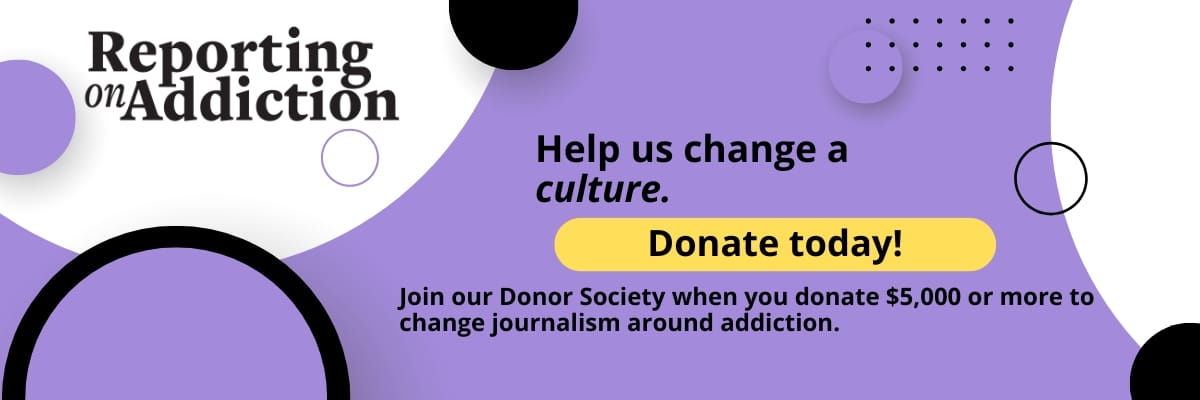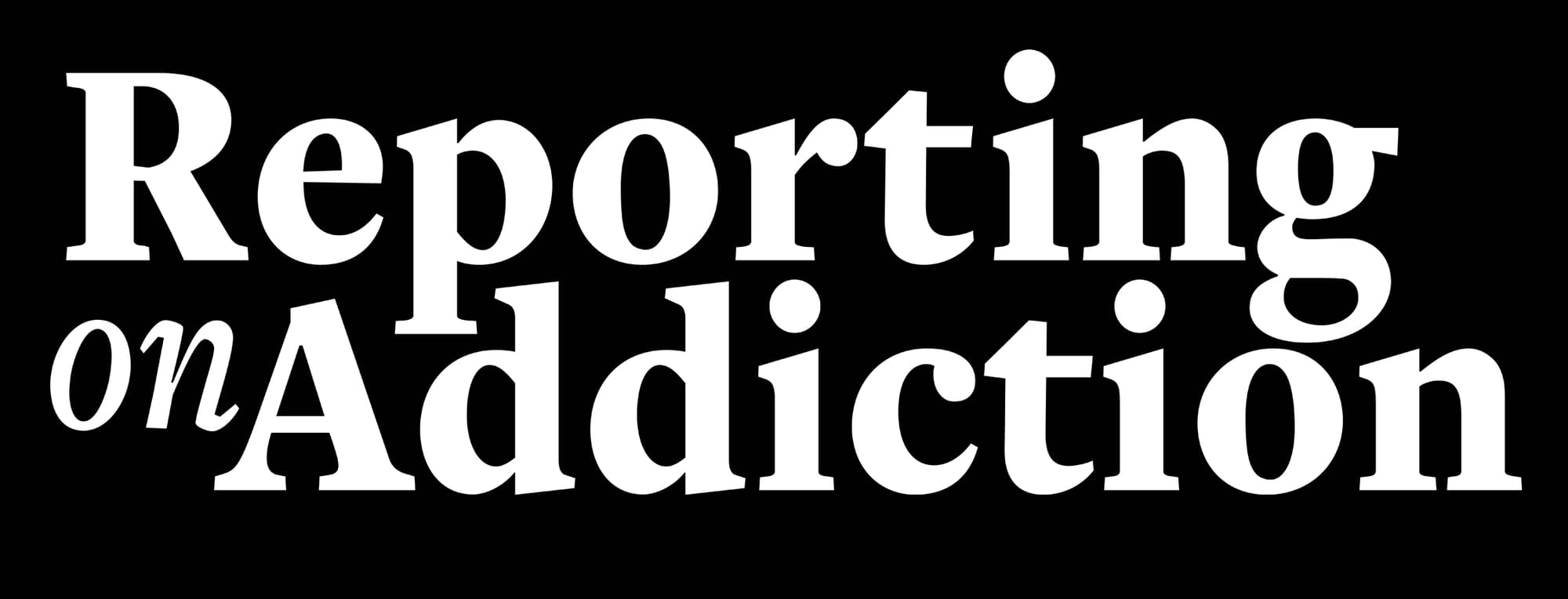Protecting Our Sources: A Call to Action

Hi! Mishka & Jonathan here!
In many recent conversations with journalists and experts through experience, we've heard about a challenging trend: a growing reluctance for sources to speak on the record, especially when the topic is harm reduction.
We know that the reasons behind these concerns aren't unfounded. Experts through experience and training have always faced funding and other risks from being critical (or perceived as critical) of government action in the press. However, the current political climate, exemplified by measures like the recent harm reduction executive order, has amplified these risks significantly.
We recognize that this creates a serious challenge for public interest journalism.
A Call to Action for Experts Through Training
Since our inception, Reporting on Addiction has encouraged journalists to integrate the voices of experts through experience alongside experts through training when reporting on drug use and addiction. Both perspectives are essential for accurate, empathetic reporting on this topic.
However, we must acknowledge that the risks for public-facing experts through experience have become far more pressing.
This brings us to a critical inflection point. While we would never discourage individuals from telling their stories, we must be realistic about the dangers.
⚡ This is a call to action for experts through training: the academics, providers, and scientists. We urge you to consciously shoulder the load when experts through experience cannot safely do so. Please use your professional standing and institutional privilege to speak publicly, draw critical lines, and provide cover for those who face more direct personal and professional jeopardy. Consider sharing our expert database application with peers to engage more experts in this effort.
Resources for Journalists
For our journalist colleagues, this moment demands a renewed focus on source protection and ethical interviewing. We encourage you to:
- Review Ethical Guidelines: The Trauma-Informed Interviewing Toolkit offers a framework for discussing privacy risks and informed consent, ensuring you and your sources understand the potential implications of being on the record.
- Revisit Anonymous Sourcing: We recognize that every newsroom handles anonymous sources differently. However, we strongly encourage you to have these internal discussions now. For many sources on the front lines of harm reduction, anonymity is the only way their critical story can be told. Be clear with sources about the differences between on-the-record, on-background, etc.
- Secure Your Communications: Now is the time to default to safer practices when messaging with sources. Please review the Digital Security Toolkit to ensure you are using the best possible methods to interact with sources.
- Leverage the Reporting on Addiction Expert Database: Our vetted, searchable database helps connect you with sources who want to help journalists cover these topics. Find sources on our Expert Database.
As always, feel free to reach out if you need help!
Protecting our community is paramount to the work we all do. Let's work together to ensure these essential stories can still be told, safely and effectively.
Best,
Mishka & Jonathan
Have questions? Reply to this email. We're here to help!





